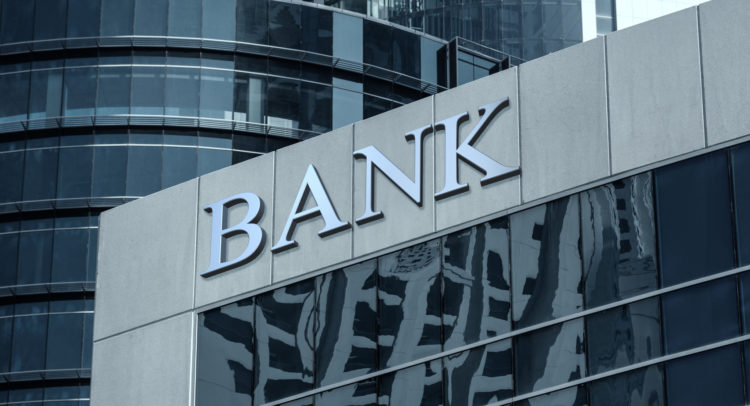Israel Discount Bank Class A ( (ISDAF) ) has released its Q3 earnings. Here is a breakdown of the information Israel Discount Bank Class A presented to its investors.
Claim 50% Off TipRanks Premium
- Unlock hedge fund-level data and powerful investing tools for smarter, sharper decisions
- Stay ahead of the market with the latest news and analysis and maximize your portfolio's potential
Israel Discount Bank, a prominent financial institution in Israel, operates within the banking sector, offering a range of financial services including personal, business, and corporate banking. The bank is recognized for its strategic initiatives aimed at enhancing customer experience and operational efficiency.
In its latest earnings report for the third quarter of 2025, Israel Discount Bank highlighted a stable financial performance despite challenging economic conditions. The bank reported a net profit attributed to its shareholders of NIS 3,284 million, with a return on equity of 13.4%. The bank’s strategic focus on digital transformation and efficiency improvements continues to drive its growth.
Key financial metrics revealed a robust performance, with net interest income reaching NIS 7,728 million and non-financing income totaling NIS 2,531 million. The bank maintained a strong capital position, with a common equity Tier 1 ratio of 10.47% and a liquidity coverage ratio of 126.6%. The bank also announced a dividend distribution of 50% of its third-quarter profits.
Strategically, the bank is advancing its ‘Discount 2030’ plan, focusing on digital banking, small business support, and operational efficiency. The bank is also progressing with the separation of its subsidiary, ICC, which is expected to enhance its capital adequacy and provide additional financial flexibility.
Looking ahead, Israel Discount Bank remains cautiously optimistic, with management closely monitoring geopolitical and economic developments. The bank is committed to supporting its customers and community, particularly during the ongoing ‘Iron Swords’ War, while continuing to pursue its strategic objectives for sustainable growth.
















